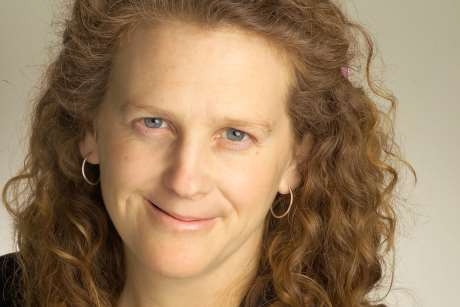We talk to Marina Robb, director of educational organisation at Circle of Life Rediscovery, who says that outdoor learning provides life changing experiences.
Q. Marina, tell about Circle of Life Rediscovery and its aims.
A. CLR is a community interest company, created in 2004 with the aim to transform education, health and family through nature. We deliver outdoor programmes, often fully funded, that raise educational attainment, improve health and well-being and train teams and individuals to deliver nature-based interventions and experiences.
Q. What can you tell us about your role as director of the organisation?
A. As a small organisation my role is in all areas, from delivery to strategic planning, responsibility for health and safety and making sure we are funded and on track. Most importantly, I wholeheartedly believe in nature to transform and support people to be the best they can be, as well as fully appreciating the wonder of the natural world.
Q. You offer school residentials, just how important are these experiences for children’s development?
A. Nature-based residentials work on so many levels. They allow for time to switch off and immerse in the moment, to deepen social bonds, to discover strengths and abilities, to reach beyond your comfort and succeed, to witness adults having fun, to switch off all technology and find satisfaction in experiential learning. They are often life changing experiences.
Q. What skills and subjects can a residential aid?
A. The first subject is the person, in relation to the wider world – so let’s say the skill of liking yourself and recognising that you are part of a wider system of living beings. Outside of an adult-led curriculum, young people can improve creativity and imagination which are vital skills for life.
The outdoors provide opportunities for a multitude of physical skills – using the body to climb, run, play, and exploring all the different senses through games and nature awareness.
Our approach is to teach through experience, so learning about plants and their uses links to History and Biology. Understanding how a tree lives and the different woods for fire or crafts, teach Ecology and Geography and Design Technology with use of tools.
Problem-solving involves PSHE and lateral thinking, needed in Maths, while cooking and food hygiene links easily into Food Technology. Residentials provide the lived experience of what we try to teach in schools.
Q. You offer a lot for teachers too, such as learning days. What can you tell me about these?
A. We offer a range of training opportunities – from Forest School Level 3 Trainings, whole school insets, Day trainings in outdoor learning and a host of practical based skills. We specialise in working with vulnerable groups in nature. We are developing Forest Kindergartens and ‘hybrid’ trainings that combine health and education outcomes as part of our ‘Green Tonic’ wellbeing programmes.
Q. What advice can you give teachers looking to book a residential trip?
A. Our focus is providing residentials that are fun and are in nature – not in buildings. This time away may be the only time young people get to be outside with their friends, so look for organisations that share your ethos and are able to deliver a rewarding programme – keeping it simple can be more effective than filling it up with activities – and I would suggest four days. All our camps offer the John Muir Award too, so that’s an extra.
Q. In your opinion, how valuable is learning outside the classroom, and what effects can it have on education?
A. If I had my way, I would make sure that all young people have at least one day a week with teachers delivering their subject in the outdoors, and at least a few hours per week following their own interests outdoors. It really isn’t difficult to take your subject out into the playground, or local park; the students will learn more effectively, remember more, understand how it fits into the real world and be inspired to learn.
We know that adult-led didactic teaching does not always lead to the best outcomes, where if we can support teaching that draws on the class and teacher as a community of learners, then teach using all our senses, we will improve learning as well as support our health and wellbeing.
Q. What else can you offer school pupils and teachers?
A. We have a wonderful woodland that we manage and can offer a host of experiences/trainings for your staff or young people. We like to work closely with schools and organisations to provide bespoke experiences and recognise the diversity that exists.
For more information, visit www.circleofliferediscovery.com.











